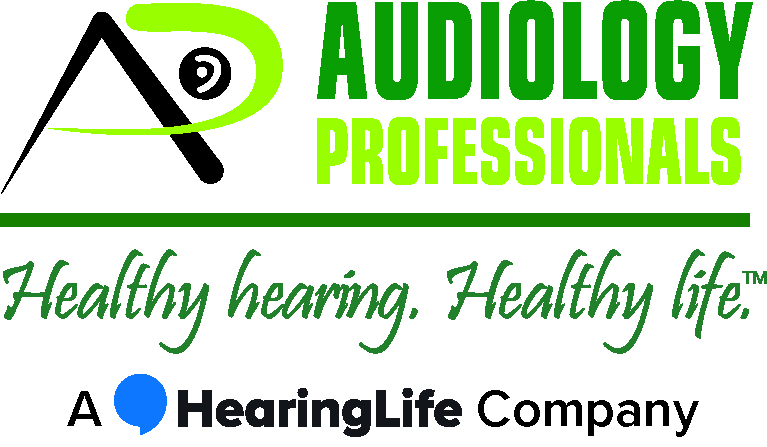Central Auditory Processing Disorder (CAPD): Symptoms and Diagnosis
Central Auditory Processing Disorder (CAPD) is a complex condition that affects the brain’s ability to process auditory information effectively. Individuals with CAPD may have difficulty understanding speech, particularly in noisy environments, despite having normal hearing sensitivity.
Recognizing the symptoms of CAPD and seeking timely diagnosis are crucial steps in addressing auditory processing difficulties and improving overall communication skills.
Symptoms of CAPD
The symptoms of CAPD can manifest differently in each individual and may vary in severity. Common signs and symptoms of CAPD include:
- Difficulty Understanding Speech: Individuals with CAPD may struggle to understand speech, especially in challenging listening environments with background noise or multiple speakers.
- Poor Listening Skills: CAPD can affect an individual’s ability to follow instructions, recall information, or maintain attention during auditory tasks.
- Sensitivity to Sound: Some individuals with CAPD may be hypersensitive to certain sounds, leading to discomfort or distraction in noisy environments.
- Language and Learning Difficulties: CAPD can impact language development, reading comprehension, and academic performance, particularly in tasks that require auditory processing skills.
- Social and Behavioral Challenges: Children with CAPD may exhibit behavioral problems, such as impulsivity, inattentiveness, or frustration, as a result of auditory processing difficulties.
Diagnosis of CAPD
Diagnosing CAPD involves a comprehensive assessment by an audiologist or speech-language pathologist with expertise in auditory processing disorders. The diagnostic process may include:
- Case History: The clinician will gather information about the individual’s medical history, developmental milestones, academic performance, and any concerns related to auditory processing.
- Audiological Evaluation: A series of auditory tests may be administered to assess various aspects of auditory processing, including speech perception in noise, auditory discrimination, temporal processing, and auditory sequencing.
- Speech-Language Assessment: Additional assessments of language skills, cognitive abilities, and academic achievement may be conducted to evaluate the impact of CAPD on communication and learning.
- Observation and Behavioral Assessment: Observations of the individual’s listening behaviors and responses to auditory stimuli in different environments can provide valuable insights into their auditory processing abilities.
- Multidisciplinary Collaboration: Collaboration with other professionals, such as educators, psychologists, or neurologists, may be necessary to obtain a comprehensive understanding of the individual’s auditory processing difficulties and develop appropriate management strategies.
Central Auditory Processing Disorder (CAPD) can significantly impact an individual’s ability to comprehend speech, communicate effectively, and participate fully in academic and social activities. By recognizing the symptoms of CAPD and seeking timely diagnosis and intervention, individuals with auditory processing difficulties can receive the support they need to improve their auditory skills and enhance their overall quality of life.
Get Your Hearing Checked & Contact Us Today
If you would like to speak with one of our hearing care professionals, get in touch today. Contact the Audiology Professionals team by calling (541) 228-9233. Alternatively, click here to contact us online. Our goal is to deliver personalized care by prioritizing your unique hearing needs in the process.
